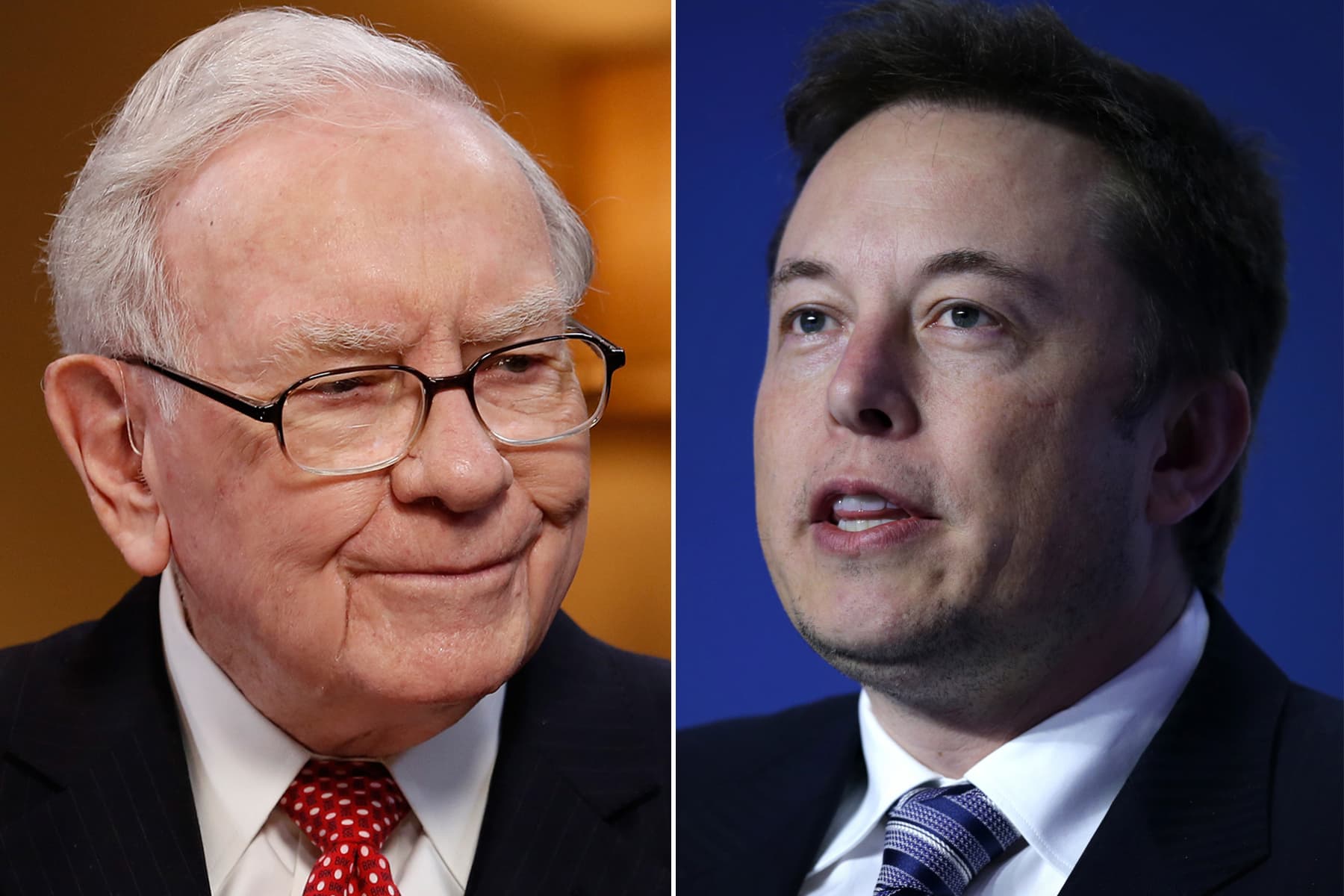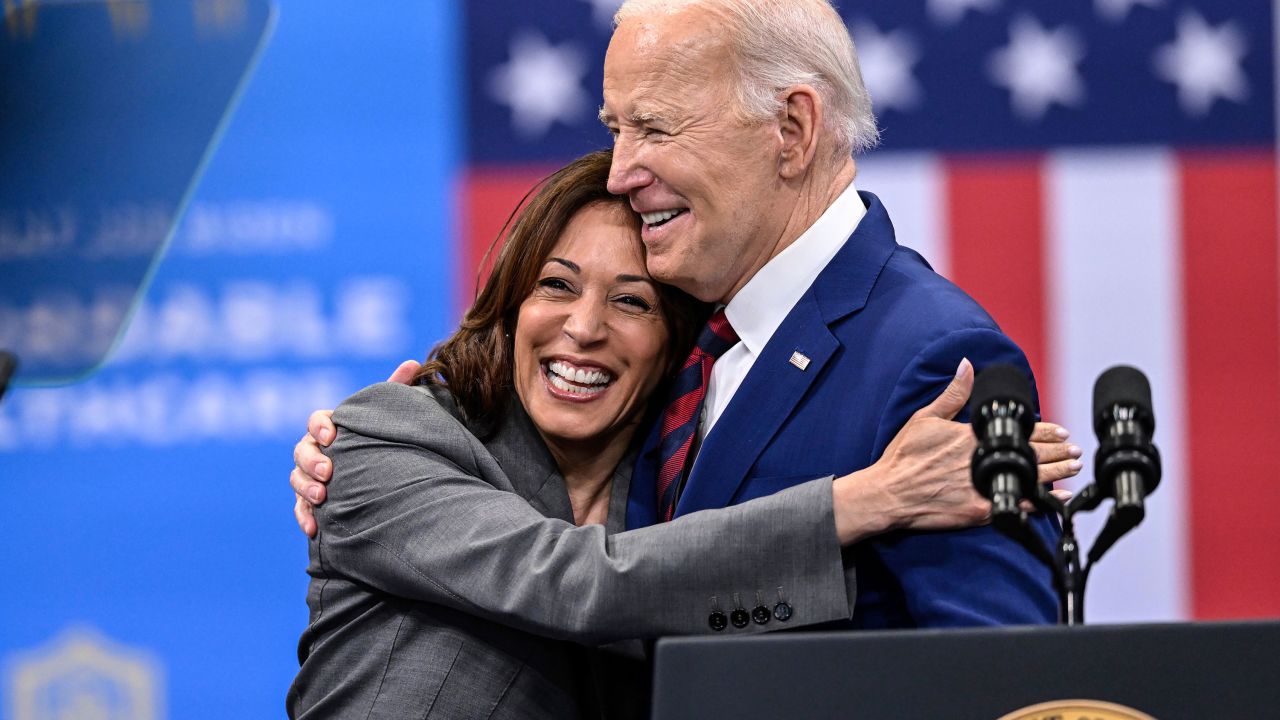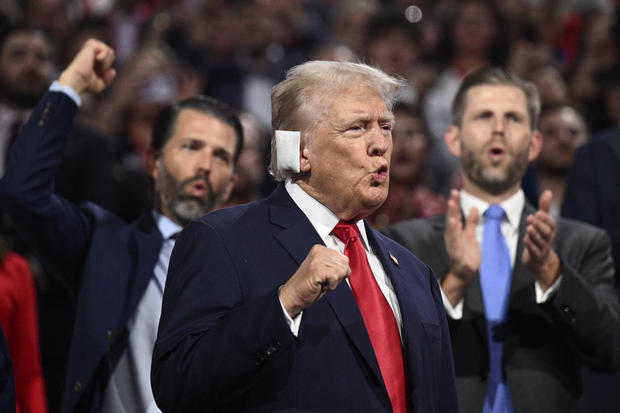Elon Musk, the visionary entrepreneur behind Tesla, SpaceX, Neuralink, and other groundbreaking ventures, now one of the closest associates of new-elected president Donald Trump is now setting his sights on disrupting the smartphone industry with the highly anticipated Tesla Phone. While an official announcement is yet to be made, enthusiasts are eagerly awaiting details about its features and release date.

What is the Tesla Phone?
The Tesla Phone is an upcoming smartphone designed by Elon Musk’s Tesla brand. It has already piqued the interest of users who are curious about its specifications and unique features. Although details remain scarce, insights gleaned from Musk’s and other sources’ social media posts offer a glimpse into what to expect.
One of the biggest marketing forums is that it will be very cheap and accessible to everyone.
In meanwhile Warren Buffett has sold 605 millions Apple shares or more than 70% of their holdings
Warren Buffett’s Berkshire Hathaway is selling more shares in Apple and other companies and trimming Berkshire’s stock buybacks — ending September with $352.2 billion in cash, according to CNBC.
This raises many questions:
- Why is Berkshire raising so much cash?
- As stocks hit new record highs — with the S&P 500 up 20% so far in 2024 — should investors head for the hills or keep buying?
Buffett says he is selling because he thinks stocks are trading above their intrinsic value and capital gains taxes are likely to rise.
As for what investors should do, the answer depends on how much time you have left — if you think you will be around in five or more years, keep buying.
Berkshire Hathaway’s Third-Quarter Portfolio Moves
Berkshire Hathaway is piling up cash. More specifically, between the second and third quarters of 2024, the company’s cash pile increased 17.4% to $325.2 billion, CNBC reported.
Overall, Berkshire sold $36.1 billion worth of stock in the quarter. Much of the proceeds came from unloading shares of its two biggest holdings: Apple and Bank of America. More specifically, Berkshire sold roughly 25% of its Apple holdings in the third quarter — marking the fourth quarter in a row Buffett has dumped the iPhone maker’s stock.
Since the end of 2023, Berkshire has sold 605 million Apple shares — or about 70% of its holdings. The company unloaded 115 million in the first quarter and 390 million in the second quarter, I wrote in my August Forbes post.
In the third quarter, Buffett’s company dumped another 100 million Apple shares, according to the Wall Street Journal, leaving Berkshire with about $70 billion worth of the iPhone maker’s stock. Since the end of September, Apple stock has lost 4.3% of its value.
Did Warren Buffett see financial crisis coming, as he did in 2008?
An economist who follows and understands the work of Warren Buffet said:
-“Warren Buffett did not predict the 2008 financial crisis in a specific way, but he did express concerns about the housing market and the risks associated with subprime mortgages in the years leading up to the crisis. In his 2002 letter to Berkshire Hathaway shareholders, he warned about the dangers of derivatives and the potential for significant financial instability. By 2007, Buffett acknowledged some issues in the financial markets, particularly regarding the housing bubble. However, he was also known for his long-term investment philosophy, which led him to invest in companies he believed were fundamentally strong despite short-term market fluctuations. In summary, while Buffett recognized certain vulnerabilities in the financial system, he did not explicitly predict the crisis, which caught many investors and analysts by surprise.”
Can a parallel be drawn with that thesis today?
-“Yes, than he did express concerns about the housing market and the risks associated with subprime mortgages, which now could be taxes”.
How President-elect Trump can influence the U.S. economy
When President-elect Donald Trump returns to the White House in 2025, he will assume a key position within the U.S. economy.
On the campaign trail, the former President promised to eliminate regulations that hold back key U.S. industries and extend tax cuts that expire after 2025. He also proposed raising tariffs that affect prices of foreign goods imported to the U.S.
“Other countries are going to finally, after 75 years, pay us back for all that we’ve done for the world,” the former President said at the September presidential debate.
The goal of the tariffs is to generate revenue and bring industrial jobs back to the country. The side effect could be higher retail prices for many U.S. consumers.
“Ironically, this would not promote a revitalization of the industrial sector,” said Marcus Noland, executive vice president and director of studies at the Peterson Institute for International Economics.
The President-elect has also promised to embark on a large deportation operation when he enters office.
Analysts believe Trump’s fiscal ideas could influence the trajectory of employment, inflation, and more in the U.S. — particularly if the Republican party wins both chambers of Congress.
Trump appoints Elon Musk to lead Department of Government Efficiency
President-elect Donald Trump announced today that Elon Musk will head the new Department of Government Efficiency, a commission aimed at reducing government waste and cutting federal bureaucracy. Musk will work alongside entrepreneur Vivek Ramaswamy to achieve substantial structural reforms within federal agencies.
According to Trump’s statement, the two are tasked with achieving this goal by the 250th anniversary of the Declaration of Independence, July 4, 2026.
“I am pleased to announce that the Great Elon Musk, working in conjunction with American Patriot Vivek Ramaswamy, will lead the Department of Government Efficiency (‘DOGE’). Together, these two wonderful Americans will pave the way for my Administration to dismantle Government Bureaucracy, slash excess regulations, cut wasteful expenditures, and restructure Federal Agencies — Essential to the ‘Save America’ Movement,” Trump said.
Why did Trump choose Elon Musk and Vivek Ramaswamy for this initiative?
Trump’s statement emphasizes Musk’s and Ramaswamy’s backgrounds in entrepreneurship as key factors for their appointments.
The commission aims to create an “entrepreneurial approach” to government reform, focusing on eliminating inefficiencies across federal agencies. In his announcement, Trump said that Musk and Ramaswamy would provide “advice and guidance” from outside government, working closely with the White House and the Office of Management and Budget to achieve this goal.
What is Trump’s vision for the Department of Government Efficiency?
Trump’s vision for DOGE centers on making government operations leaner and more effective. According to Trump, Musk and Ramaswamy will “provide advice and guidance from outside of Government” with the aim to “liberate our Economy, and make the U.S. Government accountable to ‘WE THE PEOPLE.’” The commission’s ultimate goal, he said, is “a smaller Government, with more efficiency and less bureaucracy” to present as a milestone gift on the nation’s 250th Independence Day in 2026.




